Home >
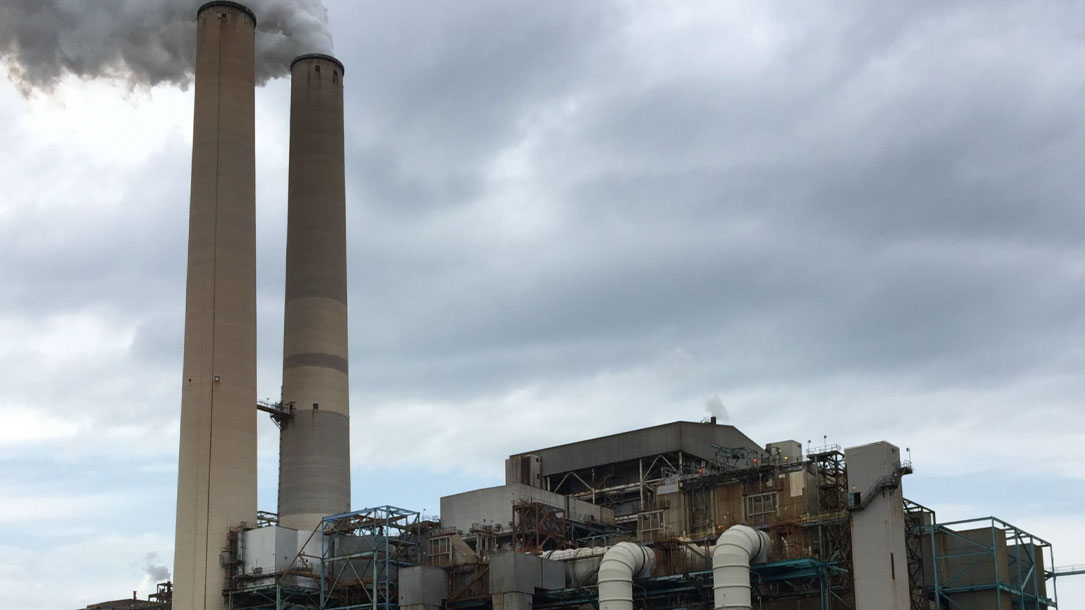
130 banks worth $47 trillion adopt new UN-backed climate policies to shift their loan books away from fossil fuels
Banks with more than $47 trillion in assets, or a third of the global industry, adopted new U.N.-backed “responsible banking” principles to fight climate change on Sunday that would shift their loan books away from fossil fuels.
Deutsche Bank, Citigroup, and Barclays, were among 130 banks to join the new framework on the eve of a United Nations summit in New York aimed at pushing companies and governments to act quickly to avert catastrophic global warming.
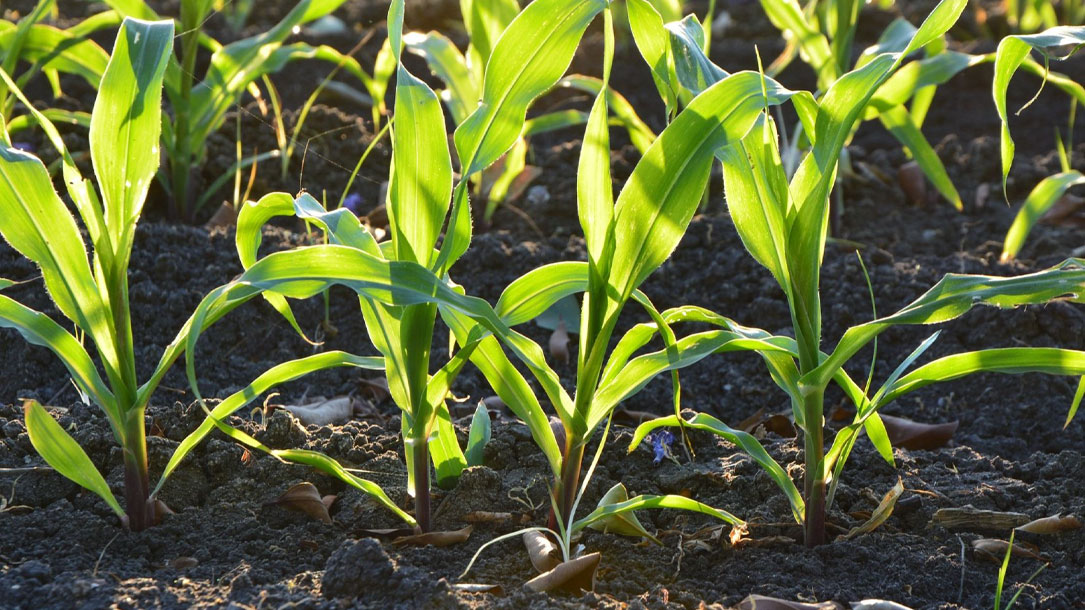
As soils warm, microbes pump more carbon dioxide to the atmosphere
Thomas Crowther is professor of ecosystem ecology at ETH Zurich, a university in Switzerland. “As we warm those soils, those microbes become more active, and that means they release more carbon into the atmosphere,” he says.
He says that makes the climate warmer, which in turn makes the microbes even more active, “which pumps more carbon out of the soil, which warms the planet further, leading to a feedback that can actually really accelerate the rate of climate change…”
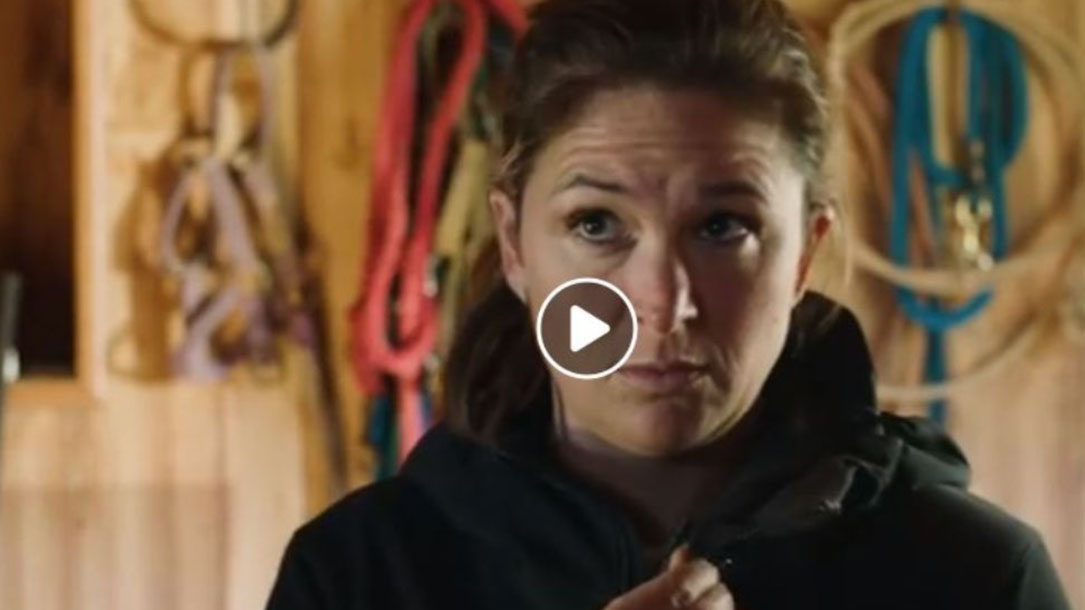
Through the eyes of a young rancher
“Our lands and soil are possibly the most underappreciated resources we have, yet their conservation is vital to humanity. We need to have an important discussion on what can be done to protect the planet through proper land management. This is so much more important than most people realize. Come join the conversation…”
If your land trust works with agriculture, this could be a great video to share—and then connect what you are doing to be part of the conversation, too.
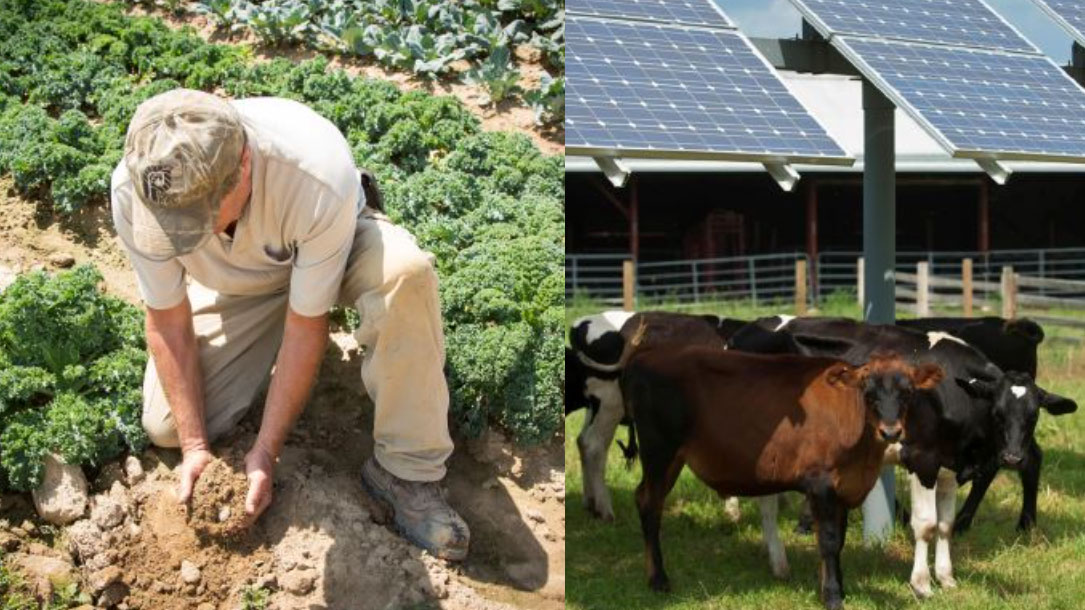
Combating climate change: Solar energy, farming, and the future in New York
American Farmland Trust (An Example of Taking Action)
November 13, 2019
Hotel Indigo, Riverhead, NY
Join farmers, solar experts, public officials, and others to discuss ways to expand renewable energy generation, support farm businesses, and drive action in response to climate change.
Cost: $15 (payable by credit/debit card or eCheck)
Ticket price includes breakfast and lunch. Land use training credits will be offered to local officials. For any questions about the event or registration please contact newyork@farmland.org.

Becoming part of the community
“Eastern Sierra Land Trust staff supported their local High School students in the Climate Strike—the future is in great hands! #climatestrike #BUHS #itsnowornever”
Your local land trust can join with others to elevate climate awareness and action. That’s part of community conservation and helping people see their roles in conservation.
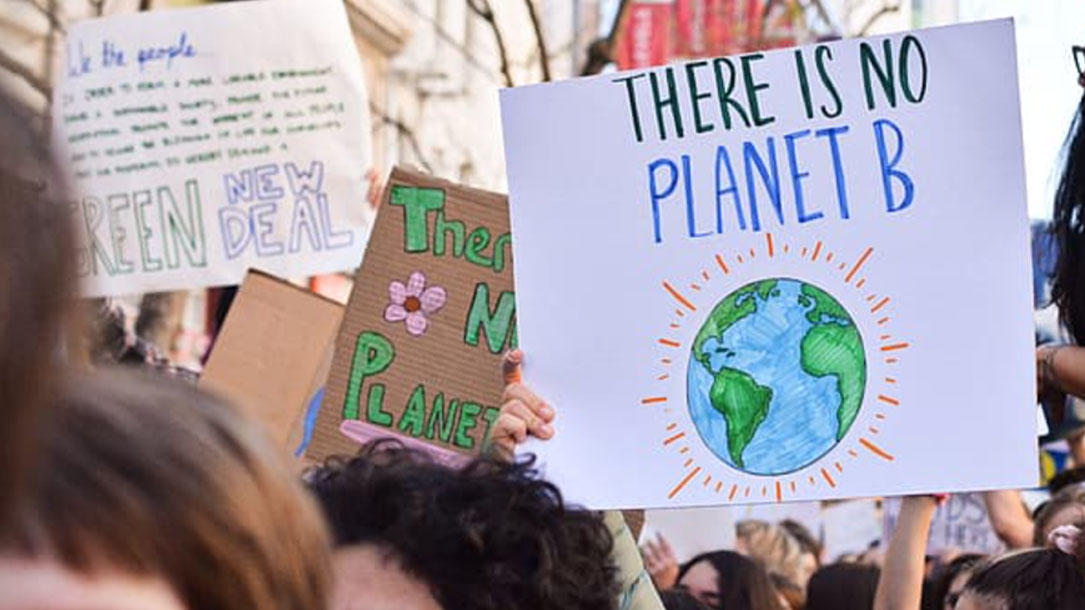
Coming together to save what we love
Save Mount Diablo shares…”The Mount Diablo area youth speak out. Save Mount Diablo and our partner schools recently came together at our conserved Curry Canyon Ranch to support the Global Climate Strike.
John Muir wrote about one love as he keenly observed the interconnectedness of everything and felt love and awe for this one great natural world of which we are a part.
In this climate change crisis we face, John Muir would almost certainly counsel us that an attitude of ‘One Love’ is required…”
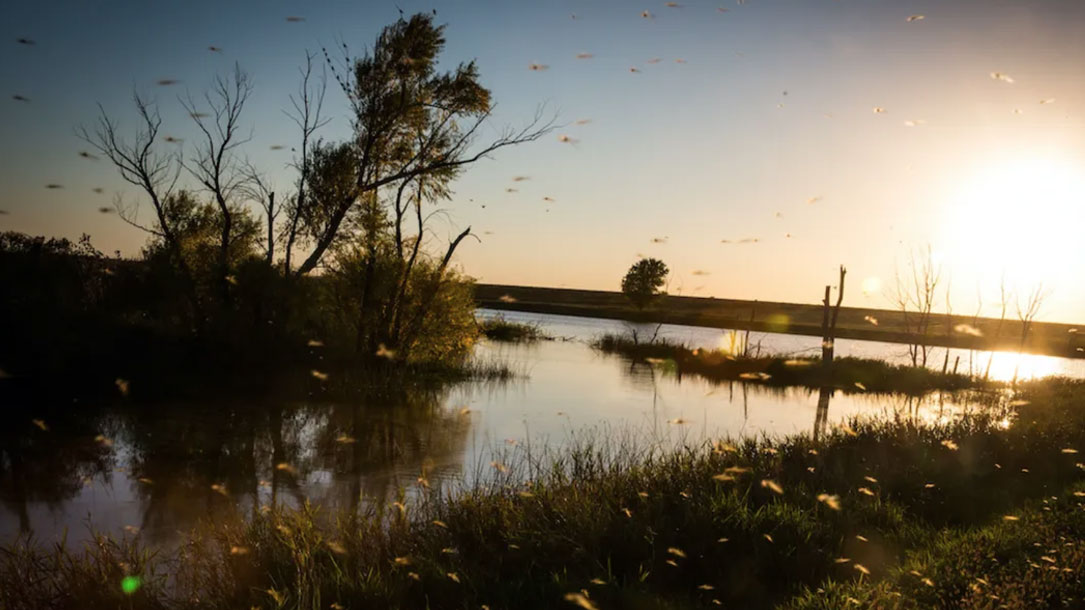
Federal Judge: Pipelines Must Not Cross Streams Without Considering Endangered Species
“A federal judge upheld his April 15 ruling Monday, tossing a key permit required by the Keystone XL and other pipeline projects to cross streams and wetlands.
Montana U.S. District Judge Brian Morris affirmed that the U.S. Army Corps of Engineers cannot use a blanket water-crossing permit to approve new oil and gas pipelines without considering their impacts on endangered species.
“The court rightly ruled that the Trump administration can’t continue to ignore the catastrophic effects of fossil fuel pipelines like Keystone XL,” Center for Biological Diversity (CBD) senior attorney Jared Margolis said in a press release…”
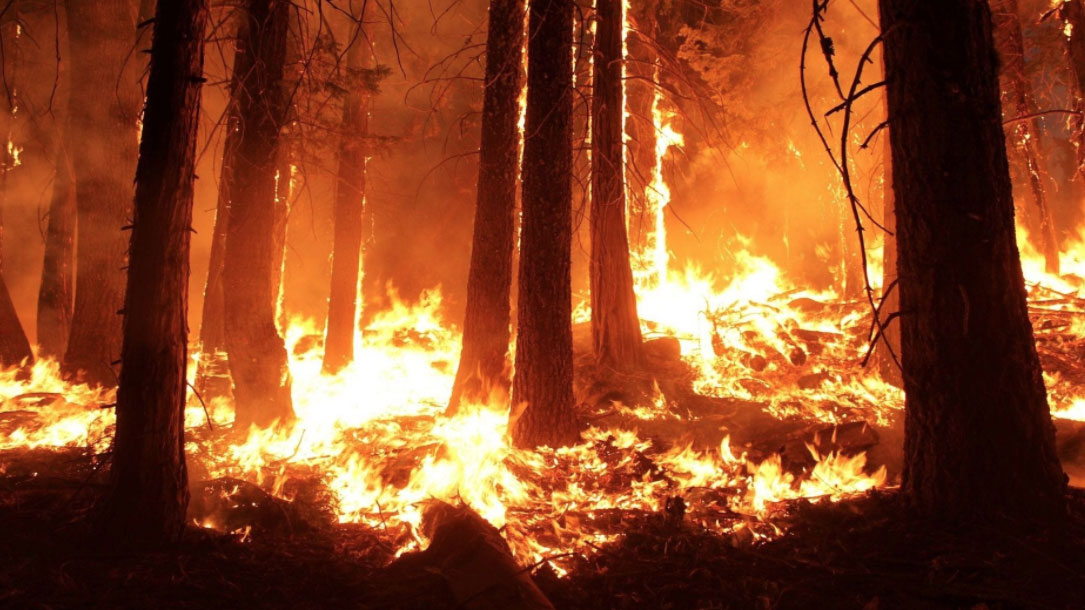
Disastrous wildfires sweeping through Alaska could permanently alter forest composition
Now, a new study from the Berkeley Lab finds that future summers characterized by similar record-high temperatures and extreme wildfires fueled by climate change could cause irreparable changes within the forest, pushing cold-preferring iconic evergreen conifer trees out as broadleaf deciduous trees move in.
“Expansion of the deciduous broadleaf forests in a warmer climate may result in several ecological and climatic feedbacks that affect the carbon cycle of northern ecosystems,” said study author and Berkeley Lab postdoctoral fellow Zelalem Mekonnen…
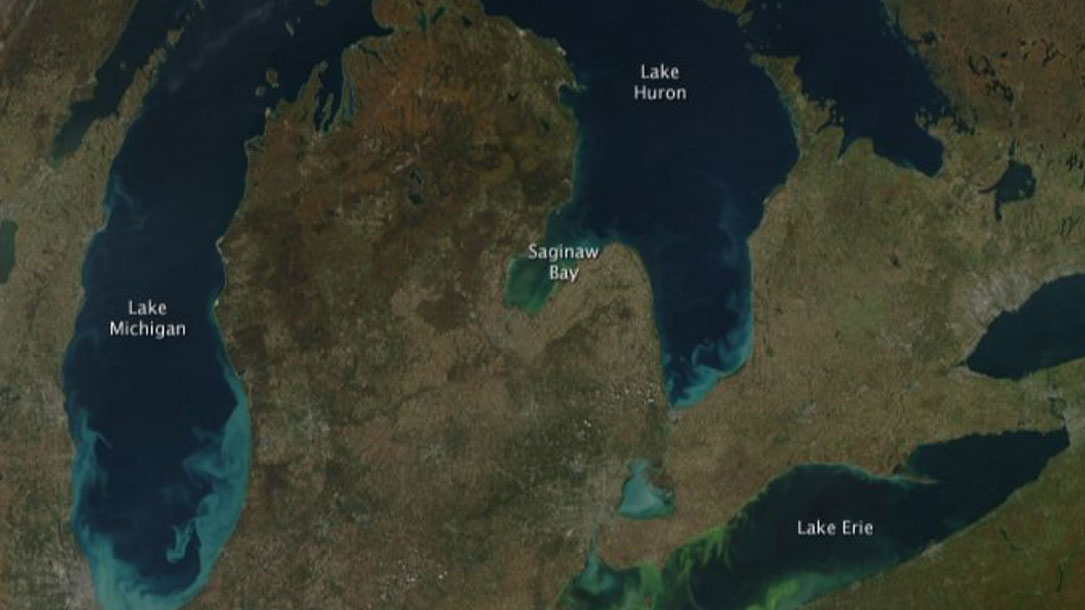
‘Bigger picture, it’s climate change’
“Bigger picture, it’s climate change,” said Richard B. Rood, a professor in the University of Michigan’s Department of Climate and Space Sciences and Engineering. “There’s no doubt that we are in a region where climate change is having an impact.”
Rood said the Great Lakes basin, which holds 90% of the nation’s freshwater, can expect similar shifts in the coming decades as world temperatures increase…
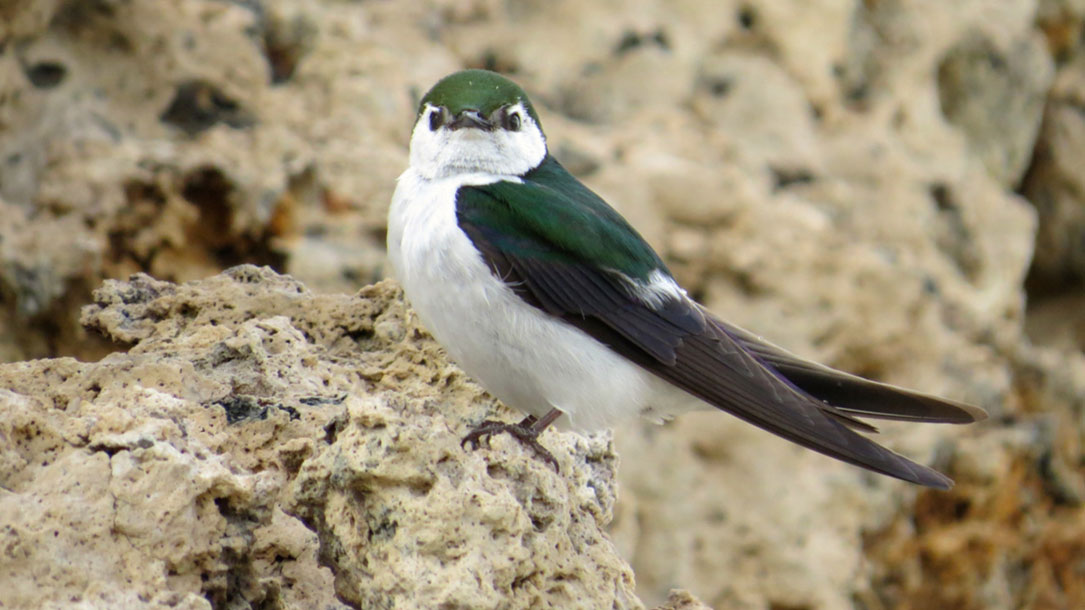
Collapse of desert birds due to heat stress from climate change
As temperatures rise, desert birds need more water to cool off at the same time as deserts are becoming drier, setting some species up for a severe crash, if not extinction, according to a new study from the University of California, Berkeley.
The team that last year documented a collapse of bird communities in Mojave Desert over the last century—29% of the 135 bird species that were present 100 years ago are less common and less widespread today—has now identified a likely cause: heat stress associated with climate change.












